With the recent rise in COVID-19 cases in Singapore, it's essential to prioritize the safety and well-being of both your furry companions and family members. And don't forget to stay safe yourself! In this blog, we'll delve into the recent situation, practical strategies, and precautions to safeguard your pets and loved ones from the virus, ensuring a healthier and safer environment for all especially as COVID-19 cases increases!
Understanding COVID-19 Transmission
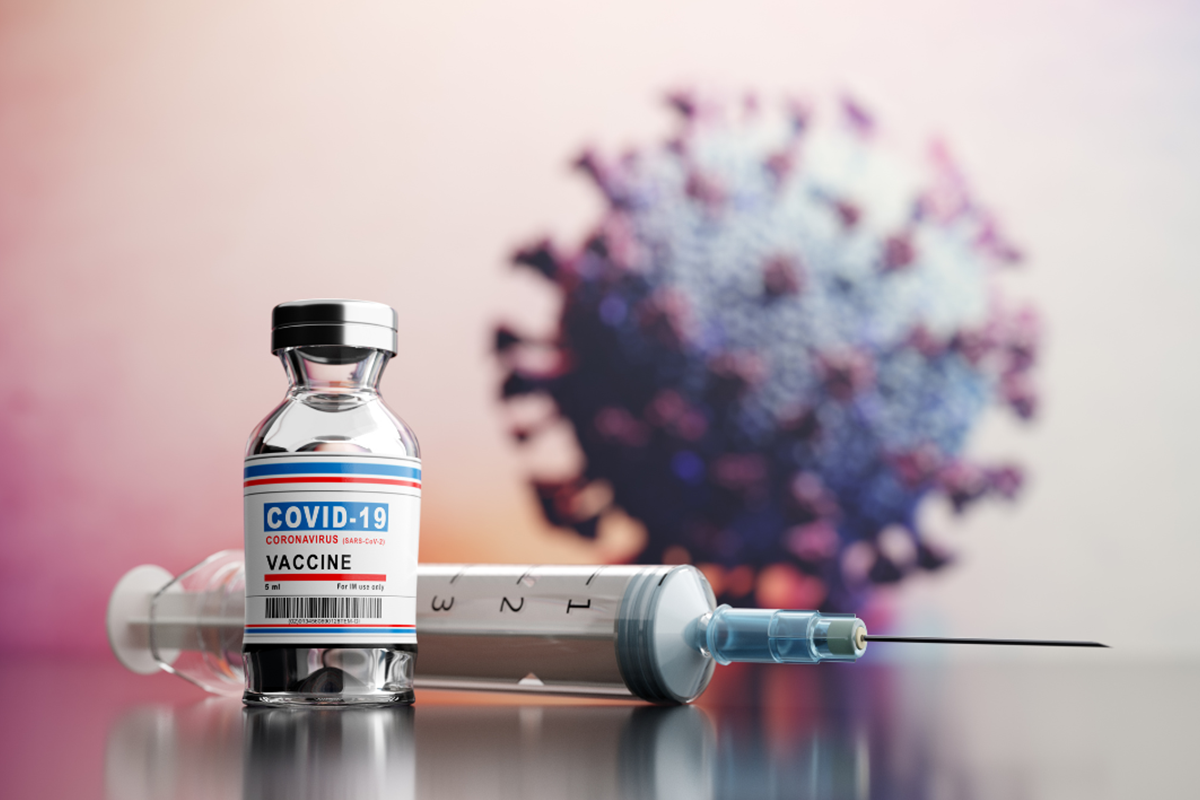
In recent weeks, Singapore has witnessed a concerning rise in COVID-19 cases, prompting the Health Ministry to take swift action to manage the situation. Let's delve into the latest updates on the increase in cases and the measures being implemented to combat the spread of the virus. Let's delve into the current situation COVID-19 transmission:
- Rise in COVID-19 Cases:
The estimated number of COVID-19 infections in Singapore surged to 25,900 in the week of May 5 to 11, marking a staggering 90% increase compared to the previous week's tally of 13,700 cases. This near doubling of cases has raised alarm bells, leading health authorities to closely monitor the trajectory of this wave. - Strain Variants:
More than two-thirds of the COVID-19 cases in Singapore are attributed to the KP.1 and KP.2 strains of the virus. These strains, part of the FLiRT group of variants, are descendants of the JN.1 variant that spread globally several months ago. Despite their prevalence, there are currently no indications suggesting that KP.1 and KP.2 are more transmissible or severe than other circulating variants. - Precautionary Measures:
To safeguard hospital bed capacity and ensure sufficient resources to manage the influx of COVID-19 cases, public hospitals have been instructed to reduce non-urgent elective surgeries and transfer suitable patients to care facilities like Transitional Care Facilities or Mobile Inpatient Care@Home. Additionally, individuals with mild symptoms or no medical vulnerabilities are urged not to seek treatment at hospital Emergency Departments. - Vaccination Efforts:
In light of the rising cases and potential waning immunity, the Health Ministry is intensifying efforts to encourage COVID-19 vaccination among the population. SMS reminders will be sent to individuals who have not received a COVID-19 jab in the past 12 months, urging them to book an appointment. Vaccination centres will extend their operating hours to accommodate more residents, and mobile vaccination teams will be deployed to reach out to seniors in heartland locations. - Ensuring Public Safety:
Despite the surge in cases, it's essential to remain vigilant and adhere to safety protocols. COVID-19 vaccines have consistently proven to be safe and effective, significantly reducing the risk of severe illness and hospitalization. By keeping up to date with vaccinations and following recommended guidelines, we can collectively combat the spread of COVID-19 and protect the health and well-being of our communities.
Can Pets Get COVID-19?

Understanding COVID-19 Transmission to Pets:
Many pet owners wonder about the susceptibility of their furry friends to the virus. Studies have shown that while the virus primarily spreads from person to person, there have been cases of pets contracting the virus from infected owners. Understanding these research findings is crucial for pet owners to take appropriate precautions to protect their furry companions. While the risk of pets contracting COVID-19 is relatively low, it's essential for pet owners to remain vigilant and informed.
The Animal & Veterinary Service (AVS) in Singapore has not reported any cases of pets infecting humans with COVID-19. The World Organisation for Animal Health (OIE) also states that there is currently no evidence of pets playing a significant role in spreading the disease to humans. The scientific community continues to study COVID-19 transmission, including its potential impact on pets. Research findings indicate that while pets can contract the virus, they are unlikely to spread it to humans. Nevertheless, pet owners are encouraged to practice good hygiene and seek veterinary care if their pets show symptoms of illness.
Susceptibility of Different Types of Pets:
Not all pets are equally susceptible to COVID-19. Dogs, cats, hamsters, and ferrets have been identified as potential candidates for contracting the virus based on scientific research and observed cases. Factors such as genetic predisposition and physiological differences among species play a role in determining susceptibility.
Recognizing Potential Symptoms of COVID-19 in Pets:
Early detection of COVID-19 symptoms in pets is essential for prompt intervention and treatment. Here are some key symptoms to watch out for:
- Respiratory issues, such as coughing or difficulty breathing
- Gastrointestinal problems, including vomiting or diarrhea
- Lethargy or lack of energy
- Fever
- Changes in behavior, such as increased aggression or withdrawal
If your pet exhibits any of these symptoms, it's important to seek veterinary care immediately for proper diagnosis and treatment.
Protecting Your Pets and Family from COVID-19

As the COVID-19 pandemic continues, it's crucial to implement measures to protect both your household members and your beloved pets. Here are some best practices and recommendations for preventing the spread of the virus within your home and ensuring the well-being of your furry companions:
Preventing Spread Within the Household:
- Regular Handwashing: Encourage everyone in the household to wash their hands frequently with soap and water for at least 20 seconds, especially after coming into contact with high-touch surfaces or handling items from outside the home.
- Wearing Face Masks: When interacting with individuals outside your household or in crowded settings, wearing face masks can help reduce the risk of transmission.
- Social Distancing: Maintain physical distance from individuals outside your household whenever possible, and avoid large gatherings or crowded places.
- Cleaning and Disinfecting: Routinely clean and disinfect frequently touched surfaces such as doorknobs, light switches, countertops, and electronic devices to minimize the spread of germs.
Don't forget to clean your floors too! Make vacuuming of floors easier with Neabot Neakasa N3: The Ultimate 3-in-1 Robot Vacuum for Pet Owners
Always consider your pet's safety by choosing pet-safe cleaners like FURRESH Pet-Safe Floor Cleaner & FURRESH Stain & Odor Remover
Practicing Good Hygiene Around Pets:
- Limit Close Contact: While there is a low risk of pets spreading COVID-19 to humans, it's still essential to minimize close contact between your pets and individuals outside your household.
- Regular Grooming: Keep your pets clean by regularly grooming them, including brushing their fur and trimming their nails. This helps reduce the accumulation of dirt and potential contaminants on their coat.
Make trimming your pet's nails easier with SmartpawLite Pet Nail Grinder Trimmer LED Model
Check out these pet grooming vacuums Neakasa P2 Pro Pet Grooming Vacuum Kit & Neakasa S1 Pro: 8-in-1 Pet Grooming Vacuum for Dogs & Cats - Hand Hygiene: Wash your hands before and after handling your pets, their food, or their belongings. This helps prevent the spread of germs and reduces the risk of transmitting any potential contaminants to your pets.
- Veterinary Care: Ensure your pets receive regular veterinary check-ups and vaccinations to maintain their health and well-being. If your pet shows any signs of illness, consult your veterinarian promptly for proper diagnosis and treatment.
Reducing Exposure to Contamination for Pets:
- Safe Handling of Pet Food & Water: Wash your hands before and after handling pet food, treats, and feeding bowls to prevent the spread of germs.
Make sure your pet's water is clean with SMARTPAWBurpurr Pet Water Fountain Rechargable Gen 1 Model, & PETKIT Pet Water Fountain Gen 6 (APP) - Clean Living Environment: Regularly clean and disinfect your pet's living area, including bedding, toys, and litter boxes, to maintain a clean and hygienic environment.
As the spread of COVID-19 occurs via airborne particles and droplets, having an air purifier like FURRESH Air - Pet Air Purifier and Sanitiser can help you achieve a fresh, safe, & clean environment!
Make sure your cat's litterbox is always clean even though you're a busy pawrent with PETREE Automatic Cat Litter Box Gen 2 & Neakasa M1 Open-Top Self-Cleaning Automatic Cat Litter Box - Outdoor Safety: When taking your pets outdoors for walks or exercise, avoid areas with high foot traffic and maintain a safe distance from other individuals and pets.
Make sure your pet's paws are clean after outdoor activities with SMARTPAWLite Automatic Dog Paw Cleaner Gen 3 & FURRESH Paw Cleaner - Supervised Interactions: Monitor your pets' interactions with other animals, especially if they are unfamiliar, to prevent potential exposure to infectious diseases.
Promoting Physical and Mental Health for Pets and Family:
- Regular Exercise: Ensure both you and your pets engage in regular physical exercise to maintain physical health and release pent-up energy. Play games or engage in interactive activities together.
You can also provide interactive toys for your pets like Wickedball Interactive Dog Toy, Wickedbone - Smart & Interactive Dog Chewing Toy, Cheerble Mini WickedBall Interactive Cat Toy, & Cheerble Wicked Mouse Interactive Cat Toy - Healthy Nutrition: Provide balanced and nutritious meals for both yourself and your pets to support overall health and well-being. Consult with a veterinarian for guidance on the appropriate diet for your furry companions.
- Quality Sleep: Prioritize sufficient sleep for both you and your pets, as adequate rest is essential for physical and mental health. Create a comfortable sleep environment and establish a consistent sleep schedule.
- Bonding Time: Spend quality time bonding with your pets through activities such as grooming, cuddling, or training. Strengthening the bond between you and your furry friends can provide comfort and companionship during challenging times.
Separation Anxiety can also be a problem when your pet got used to you always at home! Check out Pet Separation Anxiety (Causes, Signs, and How to Prevent It Especially If You Plan on Returning to Work After Covid-19)
Conclusion

As we navigate the uncertainties of the COVID-19 pandemic, prioritizing the health and safety of our pets and family members remains crucial. By implementing the strategies and precautions outlined in this blog, you can effectively protect your household from COVID-19 in Singapore. Let's continue to stay vigilant, follow the safety guidelines, and prioritize the well-being of ourselves and our beloved pets! As Singapore navigates through these challenging times, let's stand together in our efforts to overcome the pandemic and emerge stronger than ever before.
Share this with your fellow pet owner friends who might need this information right now! Feel free to leave a comment down below about your advice or experience regarding COVID-19, we would also love to read them!
Sign up to our newsletter down below & follow us on Instagram @sgsmartpaw to stay up to date with our blog articles!

Rose Hazel San Diego
Hazel loves pets & she has owned cats, dogs, & even hedgehogs! She also fosters cats & dogs in need around her area. With her social media & copywriting background, she gladly shares her knowledge of pets through these articles!
Most Recent Articles
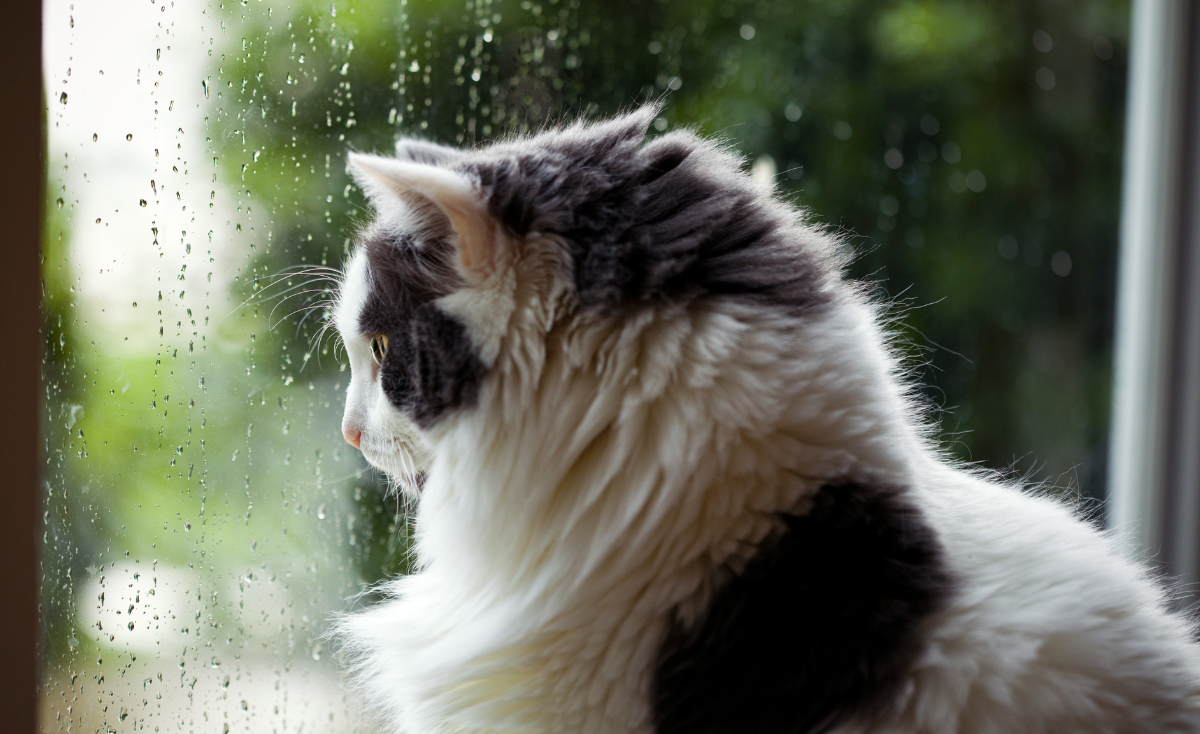
5 Ways to Protect Your Pet from Singapore’s Humidity This Rainy Season
Singapore’s rainy season is here — and while we’re enjoying the cool, cozy weather, our pets are quietly battling the sticky side of humidity. From itchy skin and smelly fur to ear infections and h...

Cat Litter in Singapore: Types, Pros & Cons Explained
Choosing cat litter isn’t one-size-fits-all. This Singapore-focused guide breaks down clumping & non-clumping clay, silica crystals, tofu, wood pellets, and paper—how they work, their real-worl...

7 Pet-Friendly Malls in Singapore Every Pawrent Should Know About
Shop, dine, and stroll with your furkid at 7 pet-friendly malls across Singapore—think dog parks, pet lifts, alfresco cafés, and more. Our Smartpaw guide maps the best spots and shares quick tips f...


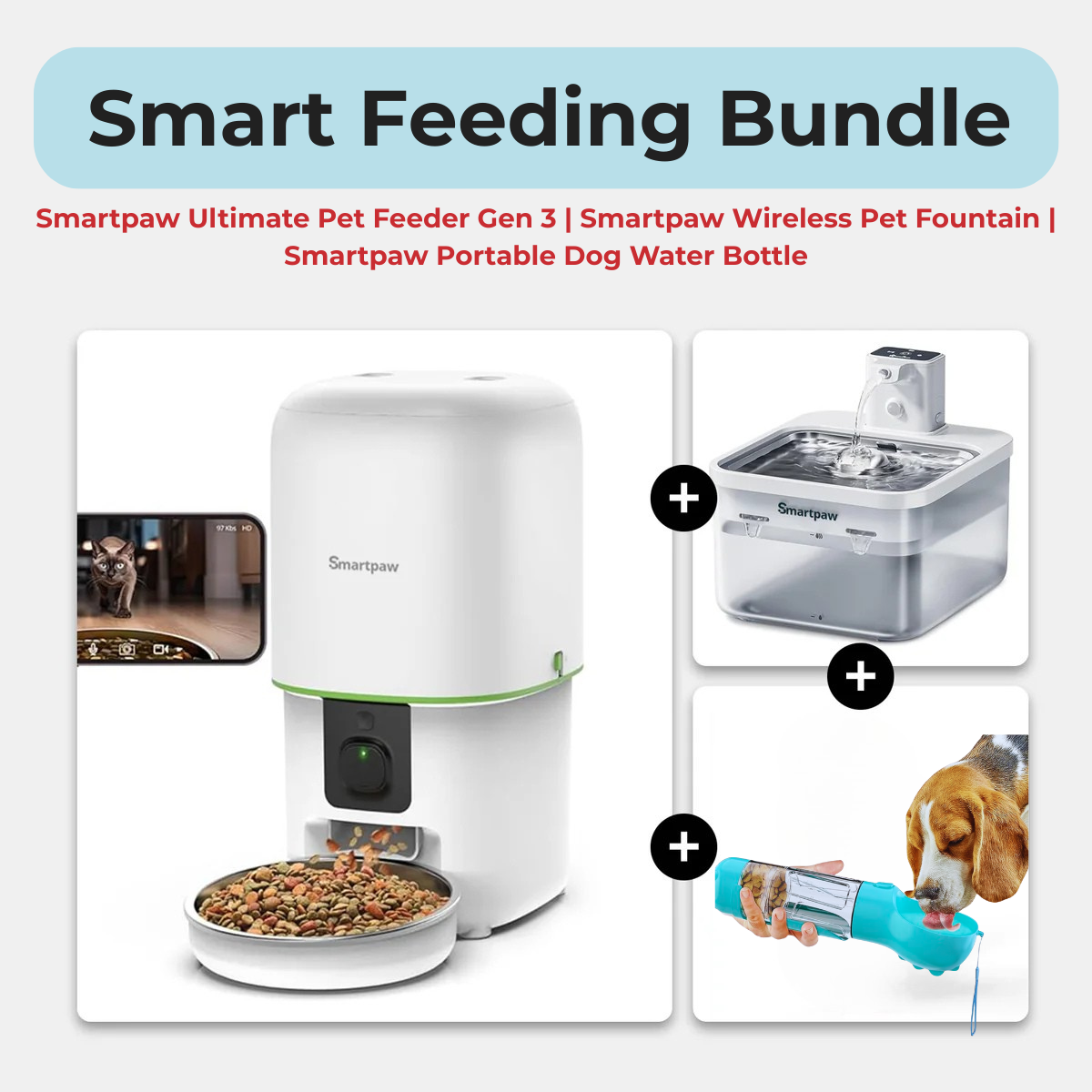
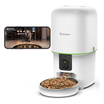
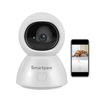

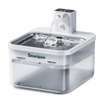

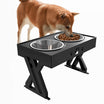

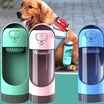
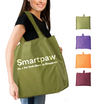
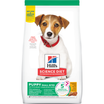

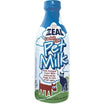

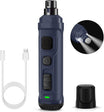
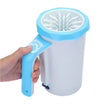
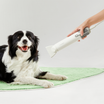
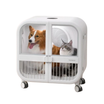
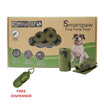
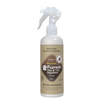
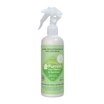
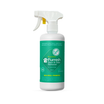
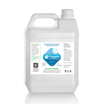
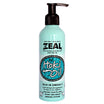
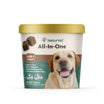
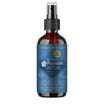

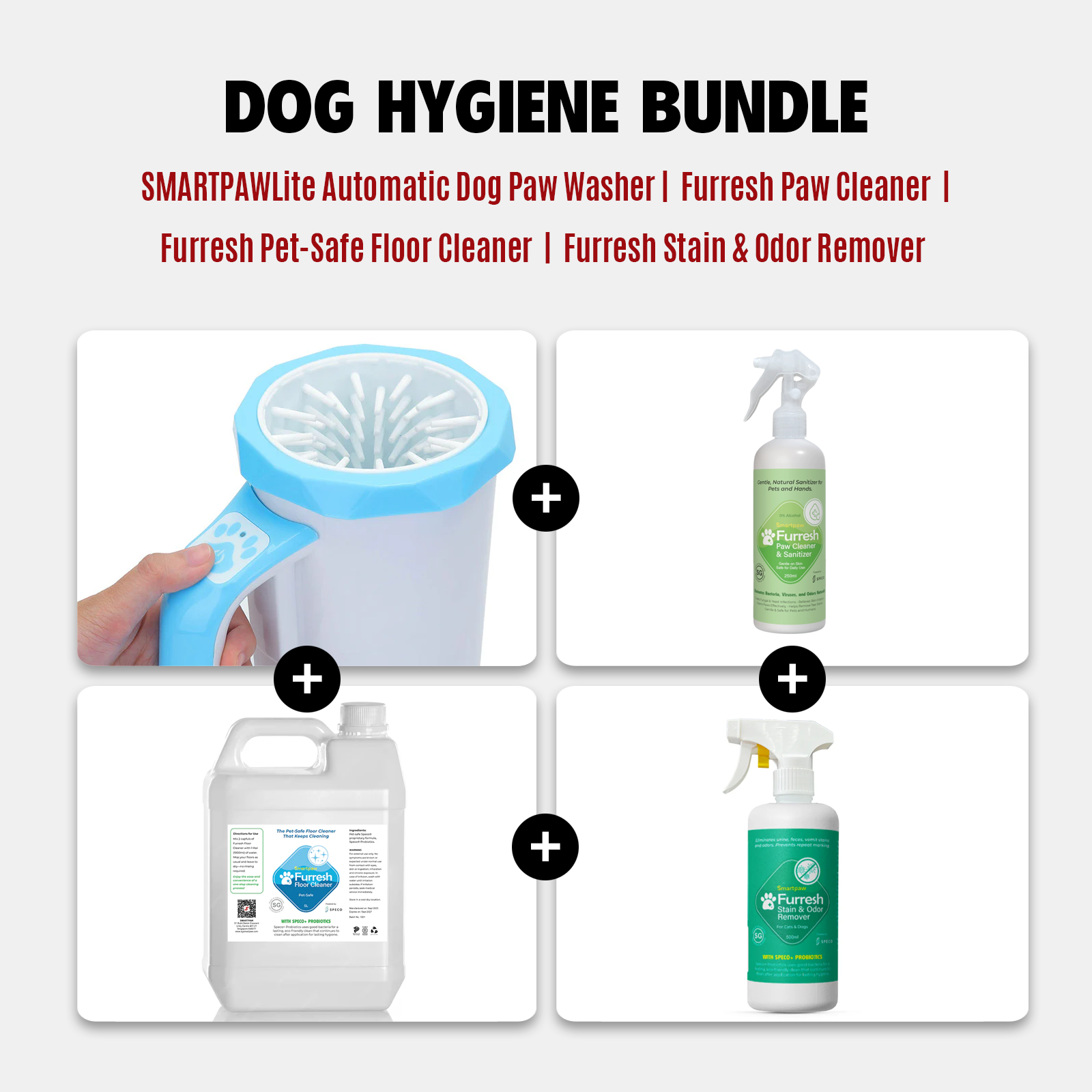
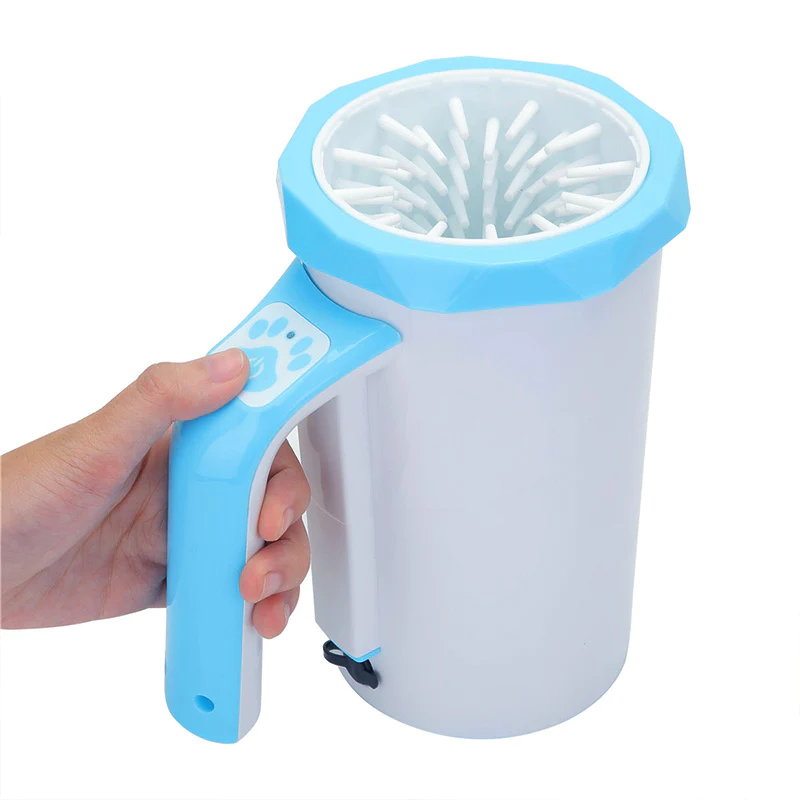
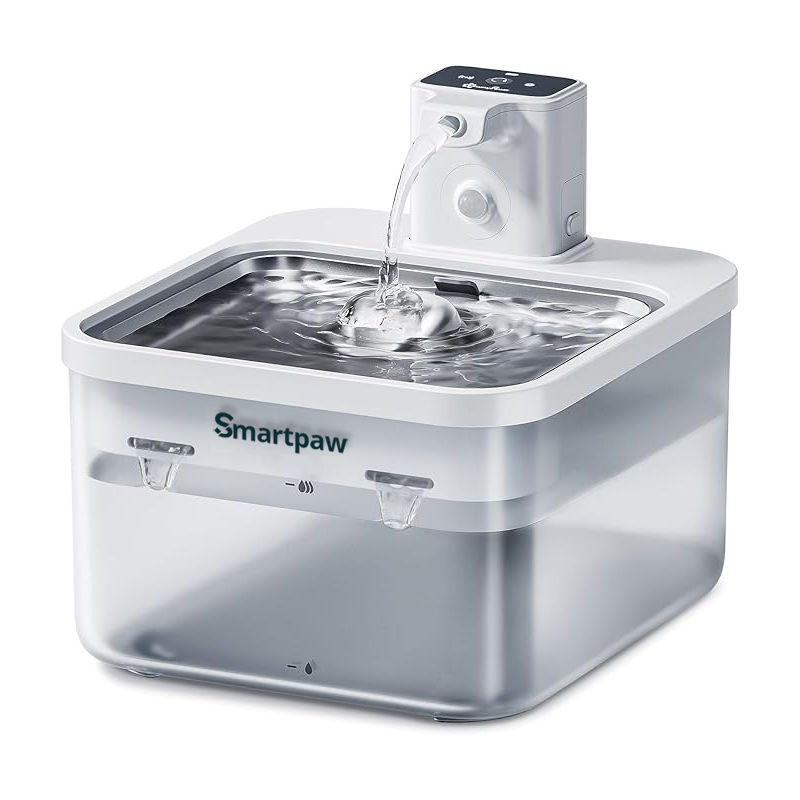
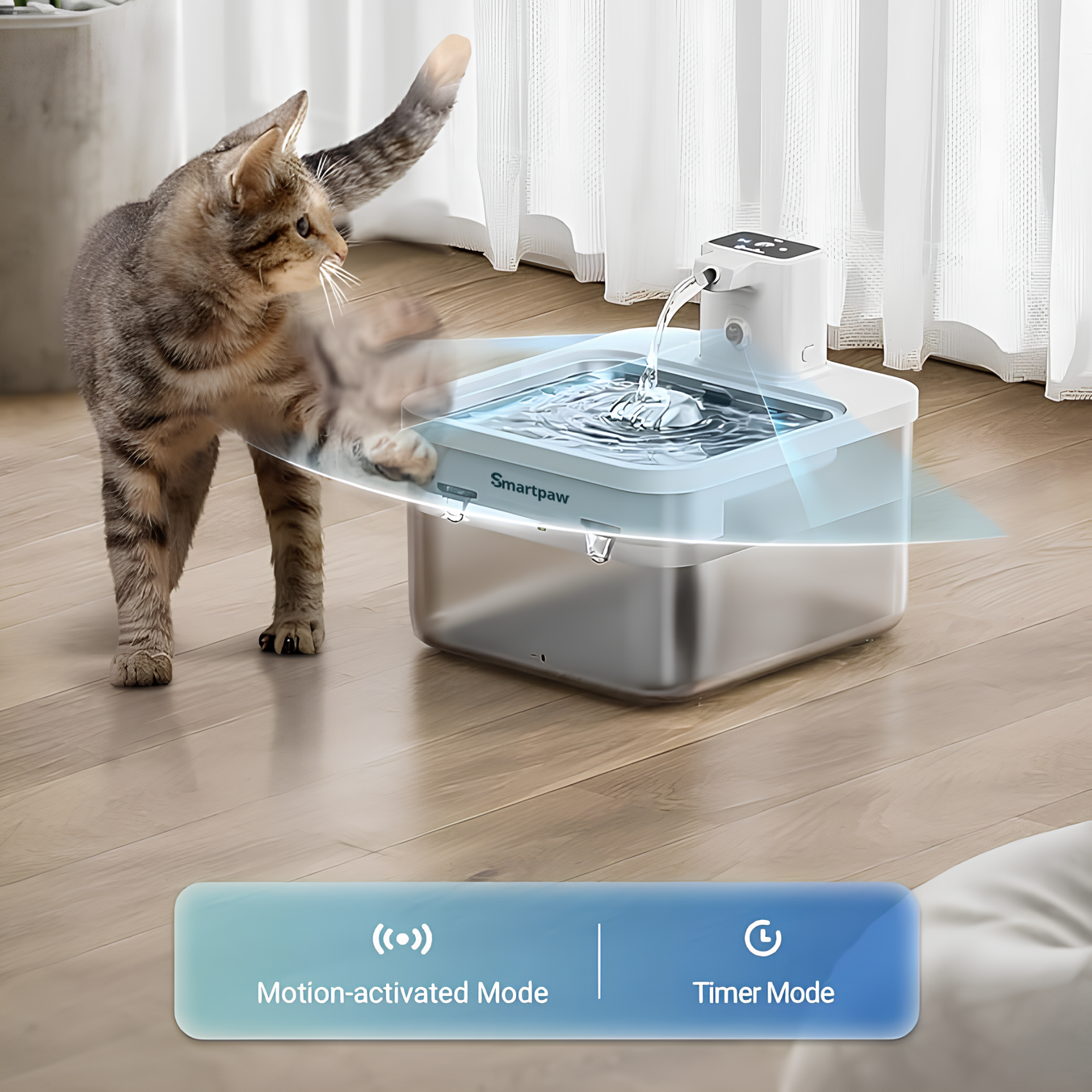
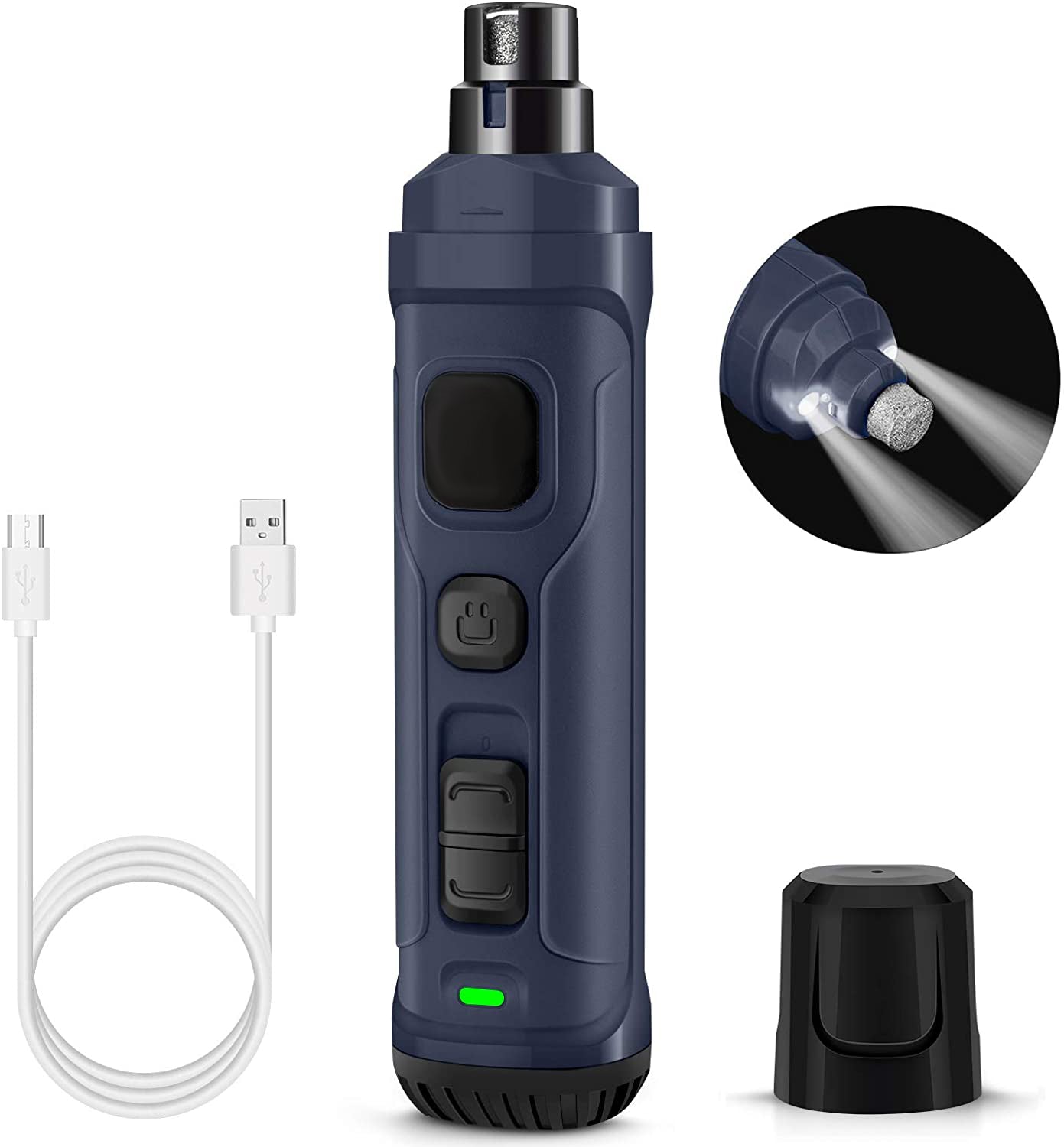
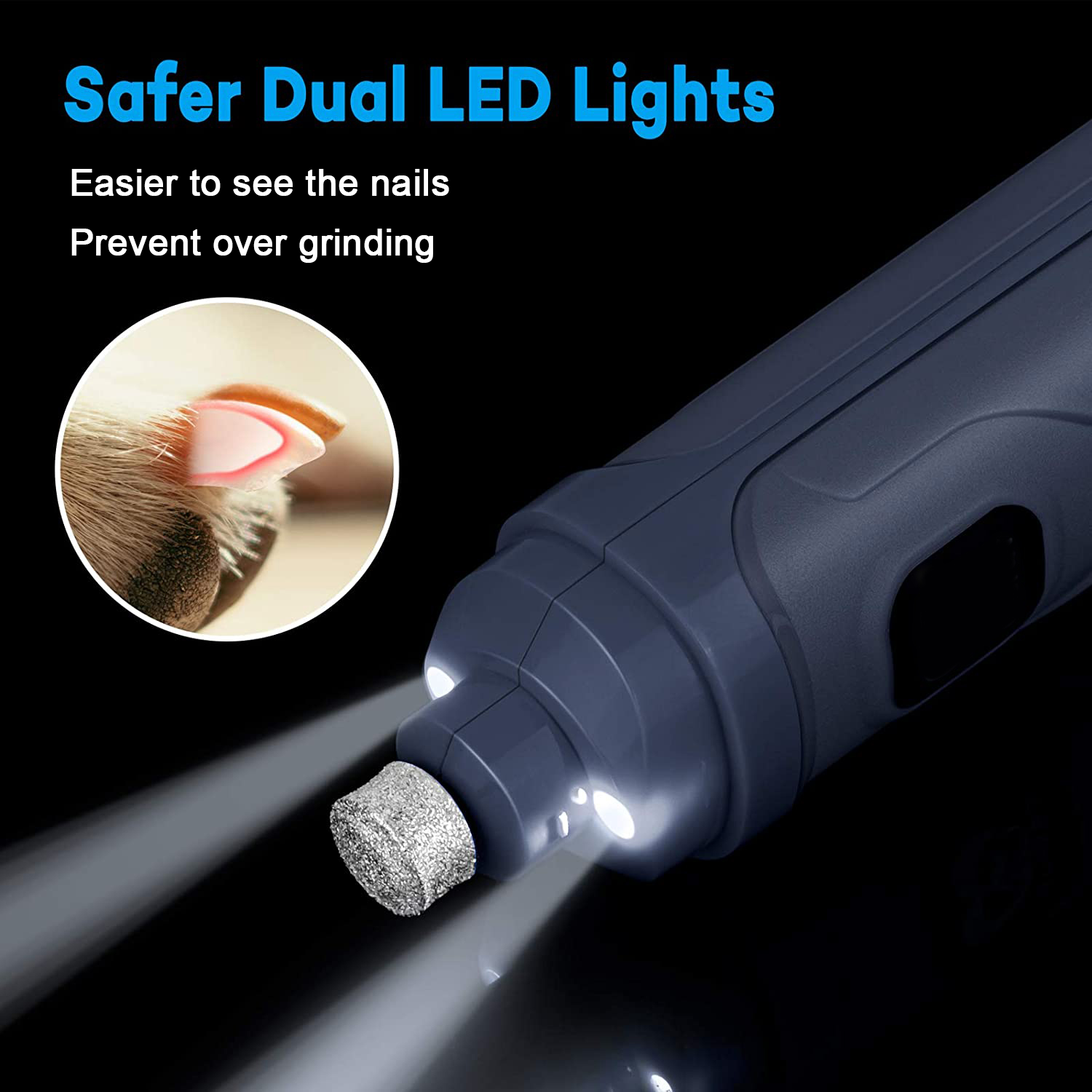














Leave a comment
All comments are moderated before being published.
This site is protected by hCaptcha and the hCaptcha Privacy Policy and Terms of Service apply.